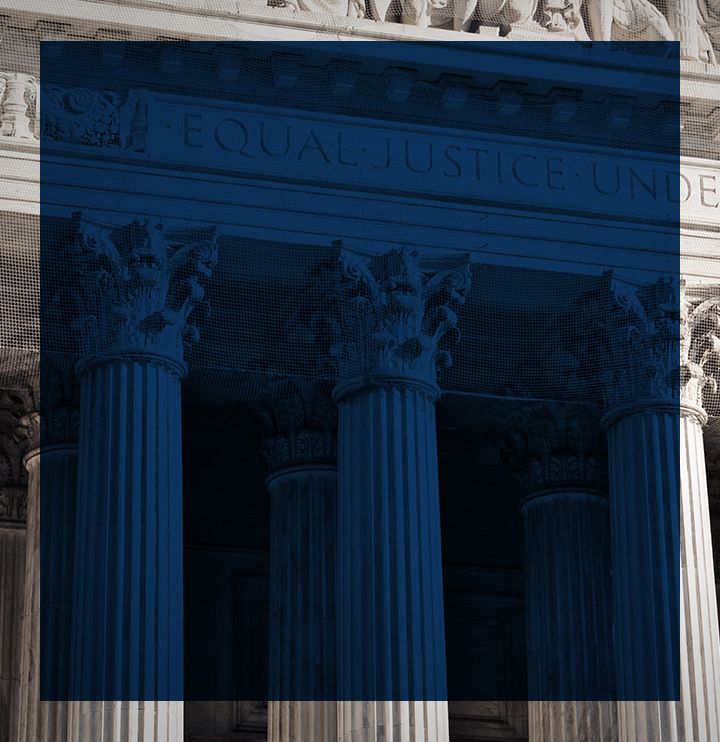Being accused of any crime can have serious repercussions, but crimes involving weapons can be a great deal more damaging. The penalties for weapons crimes in Florida are often harsh, sometimes resulting in decades behind bars or extremely steep fines. To protect your rights and your future, learn more about the possible consequences of a criminal charge involving a weapon, and what options you have for legal defense.
Understanding Weapons Crimes
By law, a dangerous weapon is classified as any object that is capable of causing harm to another person. A gun, knife, switchblade, metal knuckles, bludgeon, explosive device or dagger are each considered weapons in the traditional sense, however, any object used to cause damage or injury may also qualify. A crime involving a deadly weapon may include any device, instrument, or substance used or intended to be used to cause a person's death. In some situations, a weapon may still be considered deadly even if the defendant did not intend to cause death.
Weapons crimes may be charged as either misdemeanors or felonies, depending on the alleged transgressions. Crimes involving deadly weapons usually result in far steeper penalties than those with a dangerous weapon.
Weapons crimes may include:
- Illegal possession of a firearm
- Illegal sale or distribution of firearms
- Manufacturing firearms or other weapons
- Carrying a concealed firearm
- Shooting a firearm in public
- Brandishing a weapon
- Weapon of mass destruction offenses
- Using a firearm while intoxicated
- Juvenile weapon offenses
Consequences if Convicted
The penalties for any of the above crimes may include jail time, fines, and other penalties. In Florida, if someone has a firearm while they commit a crime the minimum sentence is 10 years in prison. If the defendant fires a gun while committing a crime the minimum sentence is 20 years, and if someone is injured or killed by a weapon during a crime the sentence is 25 years to life. Those convicted of a weapons crime may also be charged with hefty fines, lose their right to bear arms, or face probation.
Defenses to Weapons Charges
Like with any criminal charge, there are a number of ways a defendant and his or her attorney may present a defense. One defense is to claim innocence if the defendant did not commit the crime in question. In doing so, the criminal defense attorney may support your innocence through the use of an alibi or through reasonable doubt. In each case there must be "burden of proof," or the jury or judge in question must be certain the defendant is guilty. If there is reasonable doubt or any uncertainty, it should not lead to a conviction.
In the event that the defendant did commit the weapons crime he or she is accused of, there are still other ways in which he or she can be defended. The defendant could claim he or she acted in self-defense, especially as it pertains to crimes like assault, battery, or murder. The defendant may also plead insanity if his or her behavior was uncontrollable, or could apply for reduced charges if drugs or alcohol were a factor. If the crime was committed while the defendant was intoxicated, it could be argued that he or she was not fully aware or in control of their actions.
A defendant may also attempt to have their charges reduced or dismissed if they were entrapped. This means the crime was committed because a law enforcement agent persuaded or coerced the defendant to commit the crime in question. However, this is often a difficult defense to prove.
If you or a loved one was accused of a crime involving a deadly or dangerous weapon, our criminal defense attorneys at Shepard Law can help. Our firm has successfully handled more than 5,000 cases and we have over a decade of legal experience to account for our skills and knowledge. We are also available 24/7 to assist our clients with any immediate legal needs.
Contact Shepard Law to schedule a case evaluation regarding your weapons charges.





.2505271227175.jpg)
.2505271225094.jpg)